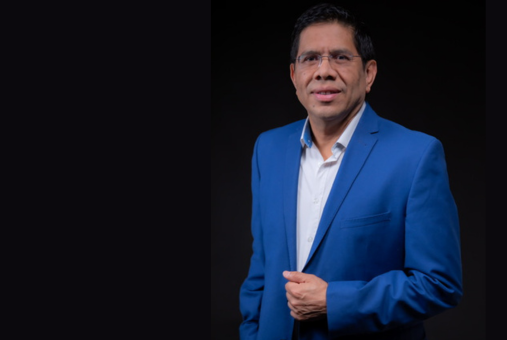
One year has passed since journalist Miguel Mendoza and 221 other political prisoners were banished from Nicaragua. From his new home in the U.S., Mendoza talks about the aftermath of his confinement and forced exile, as well as his career and special citation from the Cabot Prize.

Women journalism leaders will take the stage at the 25th International Symposium on Online Journalism (ISOJ) to deliver all four keynote addresses at this special anniversary conference. The final two keynote speakers to be announced are Wendi C. Thomas, founder, editor and publisher of nonprofit newsroom MLK50, and Galina Timchenko, co-founder, CEO and publisher of Meduza, an independent Russian media outlet operating from Latvia.
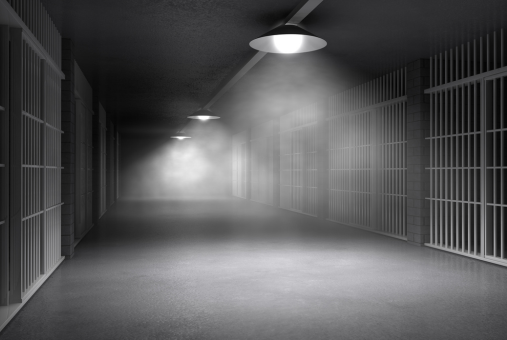
The Committee to Protect Journalists (CPJ) published its annual report on imprisoned journalists around the world. Although no country in Latin America and the Caribbean is on the list of “the worst jailers,” the report highlights three cases in the region and points out that media outlets and journalists there still face threats to carry out their work
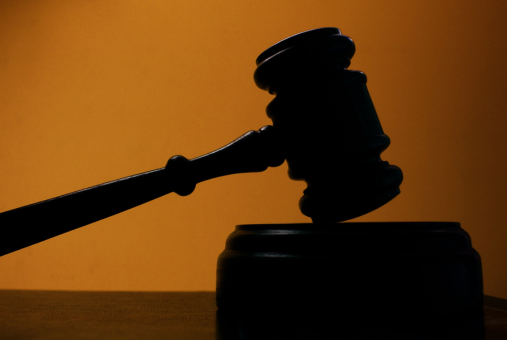
A study by the Brazilian Association of Investigative Journalism (Abraji) found a 14% increase in the number of lawsuits against journalists and media outlets asking for the removal of content related to the 2022 elections. This is compared to 2018. Researchers highlight the impact on press freedom and the democratic process, as well as trends for municipal elections in 2024.
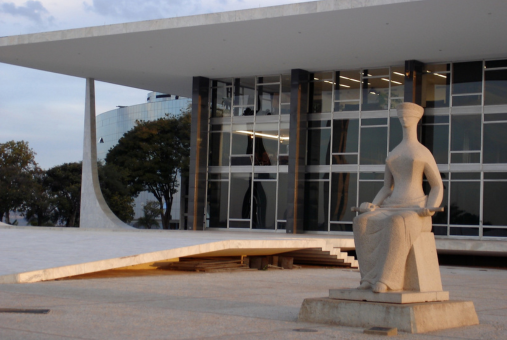
Brazil’s Supreme Federal Court ruled in November that, when a media outlet publishes an interview that contains false information, legal responsibility for that information may fall on the outlet. In a country with a lack of legislation on the issue and where judicial harassment of journalists is growing, the decision worries experts.
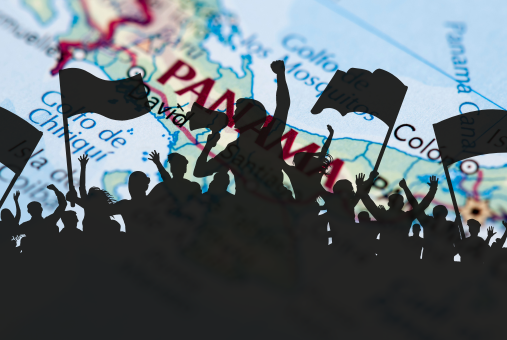
For more than a month, Panama was embroiled in protests against a state mining contract. While covering the conflict, journalists reported use of force and attacks by protesters and police. However, there is no precise record of the number of attacks around the country.

The cases of Brazilian journalist Schirlei Alves and Chilean journalist Felipe Soto Cortés reveal the impact of the criminalization of defamation on press freedom in Latin America. A ruling by the Inter-American Court of Human Rights against Chile points the way to combating the use of criminal law to silence journalists in the region.

Stigmatization, threats, detentions, and intimidation are some of the attacks faced by journalists when covering elections in Latin America. In the last semester of 2023, these attacks became evident in the electoral processes in Argentina, Colombia and Venezuela.
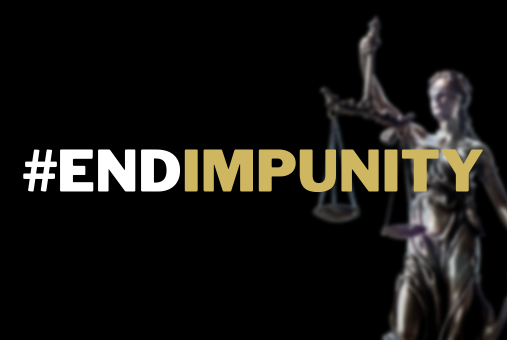
On Nov. 2, 2023, the world marks another International Day to End Impunity for Crimes against Journalists. Impunity in cases of violence against members of the media continues to be the norm as killers largely go free. In the Americas, Haiti, Brazil and Mexico top the list of countries globally where murders of journalists go unpunished.
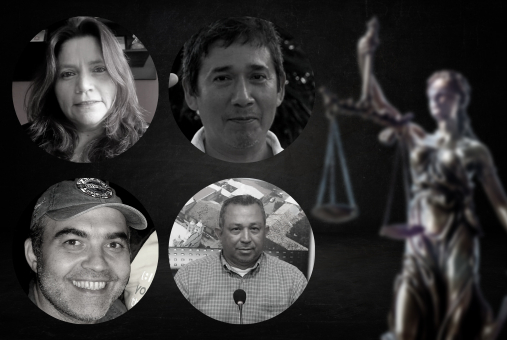
To mark the International Day to End Impunity for Crimes against Journalists, which is celebrated every Nov. 2, LatAm Journalism Review (LJR) is highlighting four cases of journalists from Latin America and the Caribbean that, for the most part, remain unpunished.
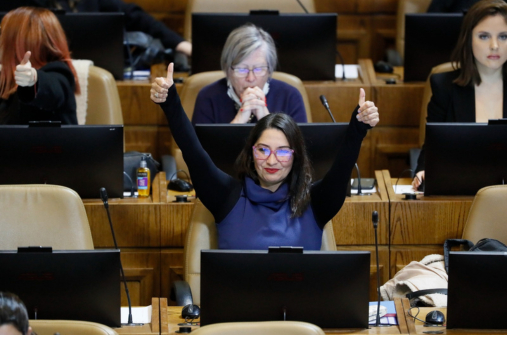
Fifty years after the coup in Chile, the Chilean National Congress is moving forward with legislation to regulate the protection of journalists and communications workers. Thus, the South American country is at the forefront in this matter at the international level.
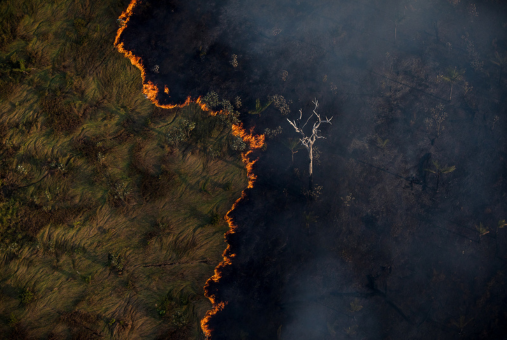
A report by Reporters Without Borders shows the results of a year of monitoring attacks on the press in the Brazilian Amazon. The organization connects the journalistic and climate emergencies in the region, highlighting the importance of independent and local journalism in tackling one of the greatest challenges humanity has ever faced.